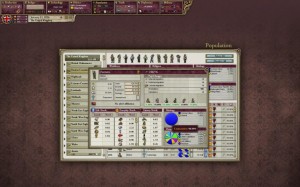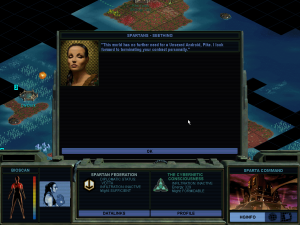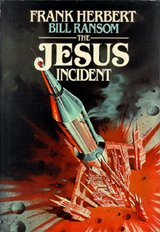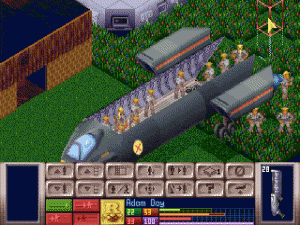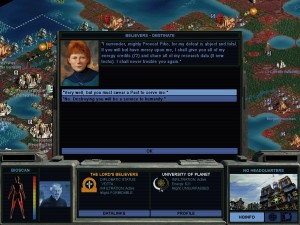
In the old days, before your time, there was a company called Blizzard. Yes yes, I know, they’re still around today, but they’re not the same Blizzard. Back then, when they made a game, you sat up and took notice. Back then when they made an expansion, it added a great deal of content.
I remember it clearly. I had just awoken, the sleep barely rubbed from my eyes, when Pike came with grim news. Blizzard. Diablo III. I thought perhaps that they had bowed to the silliness about “too much color”, and made it all brown’n’bloom. But no. Diablo III, I learned to my endless horror, would be subject to the following;
1) There would be no offline play. You must be connected to b.net to play the game.
I saw this and I was mad. It is monumentally stupid. It encourages piracy rather than reducing it. It has consistently proven to be a poor idea when previously implemented.
2) There will be an auction house where you can use real money to purchase in-game characters and items from other players.
I saw this and I was leery. I can understand Blizz’s desire to undermine gold farming and so forth, and legitimizing something we all know already happens anyway is not such a huge deal. Still, it seems dreadfully crass and overwhelmingly all-encompassing in this instance. I just don’t want to log into a game, play for awhile, decide to look for an item, and be presented with real-world prices. I’ve enough money woes as is without my escape being filled with constant reminders of it too. Still, I play single player for the most part, and this doesn’t provide anything that some grinding and luck won’t get you anyway – it’s optional, and I can tolerate it despite the bad taste it leaves.
(Though given that Diablo is essentially Grinding for Gear: The Game, my solution would have simply been to make players unable to trade anything except to people in their group at the time the item dropped. I imagine this would have caused plenty of rage too though.)
3) No mods allowed.

Now let me be quite clear about this. This doesn’t mean Blizzard won’t be supportive of modders or include any tools that make life easier for them. What they mean, in fact, is that the EULA will specifically forbid them. They are not merely not officially supported, they are avowedly not permitted. And because you have to be online to play, even if someone makes a mod, you’re likely going to have to do something like download a crack in order to actually use it. Suffice it to say, this is a truly mindboggling step to take from the company’s whose modded games have spawned such things as DOTA and Median XL. I have waxed lyrical about the virtues of mods previously, and I really cannot quite wrap my head around who at Blizzard thought this was a good idea, why anyone agreed with them, and why the nice gentlemen with the wood-paneled station wagons have not yet carted the whole shower of them off to get the help they so patently require.
In short, I cancelled any notions I had to ever purchase D3. Which is a damned shame, because I loved the first two, and I love most of Blizz’s games, and I actually anticipate that if I did play it, I’d enjoy it immensely. But I simply cannot sanction this sort of nonsense with my patronage.


